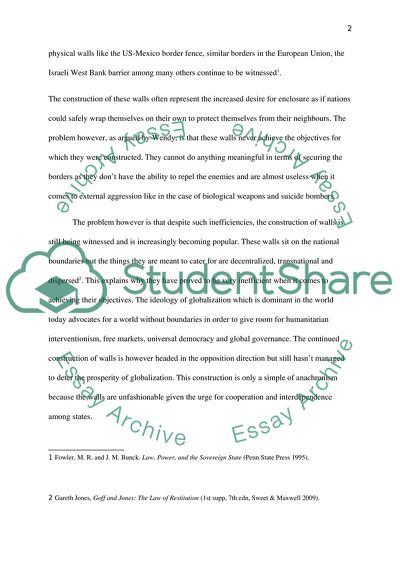Cite this document
(The Concept of Sovereignty Coursework Example | Topics and Well Written Essays - 2000 words, n.d.)
The Concept of Sovereignty Coursework Example | Topics and Well Written Essays - 2000 words. https://studentshare.org/law/1763521-how-sovereignty-is-founded-or-projected-is-a-crucial-question-for-any-legal-theory-critically-discuss
The Concept of Sovereignty Coursework Example | Topics and Well Written Essays - 2000 words. https://studentshare.org/law/1763521-how-sovereignty-is-founded-or-projected-is-a-crucial-question-for-any-legal-theory-critically-discuss
(The Concept of Sovereignty Coursework Example | Topics and Well Written Essays - 2000 Words)
The Concept of Sovereignty Coursework Example | Topics and Well Written Essays - 2000 Words. https://studentshare.org/law/1763521-how-sovereignty-is-founded-or-projected-is-a-crucial-question-for-any-legal-theory-critically-discuss.
The Concept of Sovereignty Coursework Example | Topics and Well Written Essays - 2000 Words. https://studentshare.org/law/1763521-how-sovereignty-is-founded-or-projected-is-a-crucial-question-for-any-legal-theory-critically-discuss.
“The Concept of Sovereignty Coursework Example | Topics and Well Written Essays - 2000 Words”. https://studentshare.org/law/1763521-how-sovereignty-is-founded-or-projected-is-a-crucial-question-for-any-legal-theory-critically-discuss.


